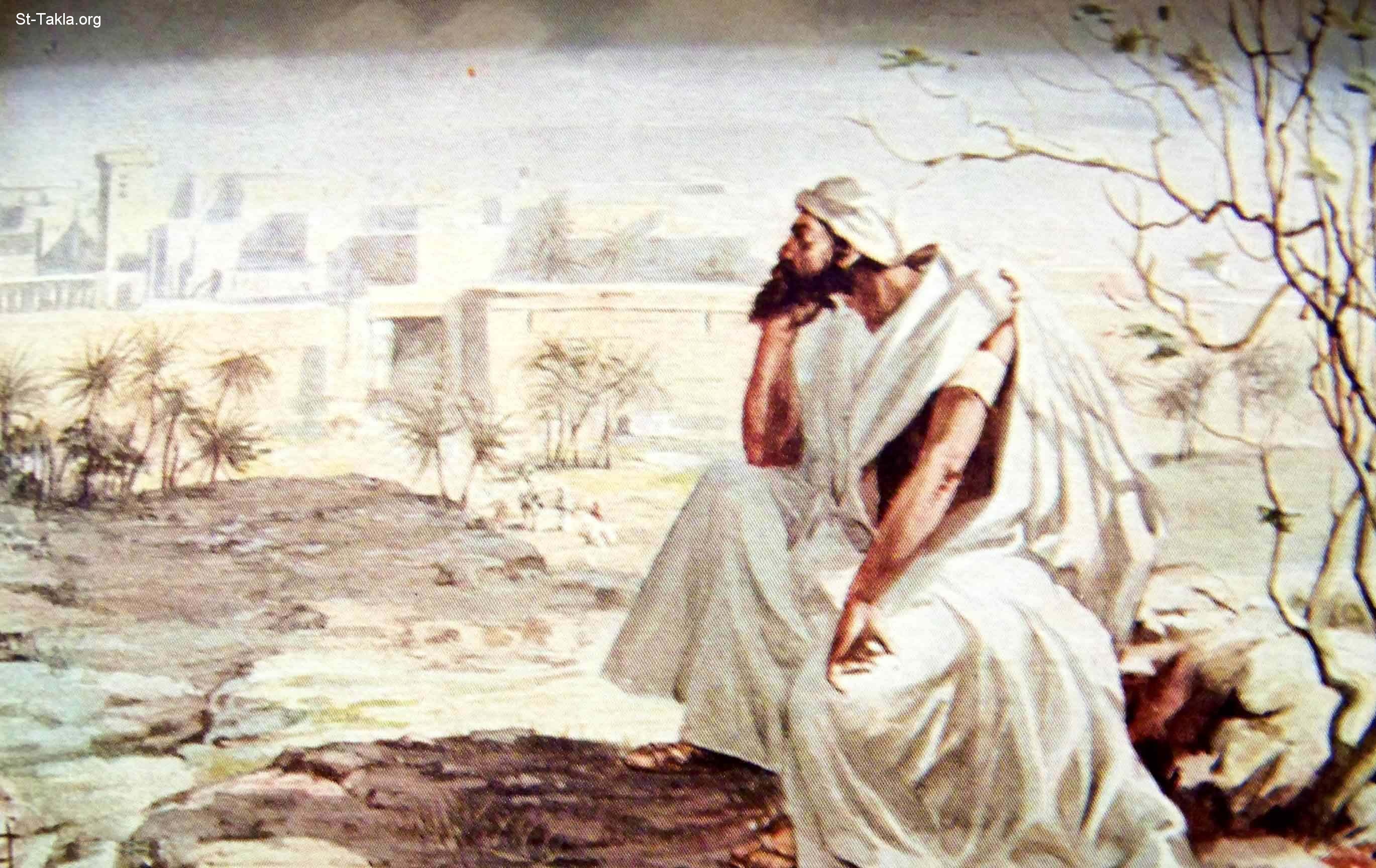 Book Written: After the Babylonian exile according to HC and during the 5th century according to Baker
Book Written: After the Babylonian exile according to HC and during the 5th century according to BakerTime Period/Setting: The city of Nineveh in Assyria
Author: The author's name
Jonah is a cantankerous and unwilling prophet, rebellious and a bit of a grump. After running away, spending three days in a whale's belly (or whatever dark place he descended into, separated from God) and finally being vomited onto shore, Jonah is still rambunctious enough to dispense his opinions of God's actions directly to the Lord. He explains to God that this is why he ran away in the first place, because he knew the Lord would be too forgiving of the sinful city of Nineveh.
That sounds strangely familiar, no? As when we condemn to hellfire and damnation all those people we really can't stand, the ones we've decided are unforgivable liars and cheats? Like the Catholic politicians who support abortion and same sex marraige and for whose excommunication and public humiliation we clamor. It really is profoundly difficult to accept that God loves Andrew Cuomo or Nancy Pelosi as much as he loves me, not to mention Hitler or the Taliban. And yet it's so obvious how wrong the prophet is when God extends his merciful care to Jonah with a lovely bush as protection from the elements and Jonah seems to think he deserves this conveniently protective bush sprung out of nowhere.
Jonah's direct approach with the Lord calls to mind the manner in which Moses spoke to God. Jonah's questioning of God's ways calls to mind Job or even Qoheleth/ Ecclesiastes, as they seek to understand why life is so seemingly unjust and inscrutable at times.
For the wonderful story of Jonah in song go here for Louis Armstrong's version and here for the Nightingales telling of it.

